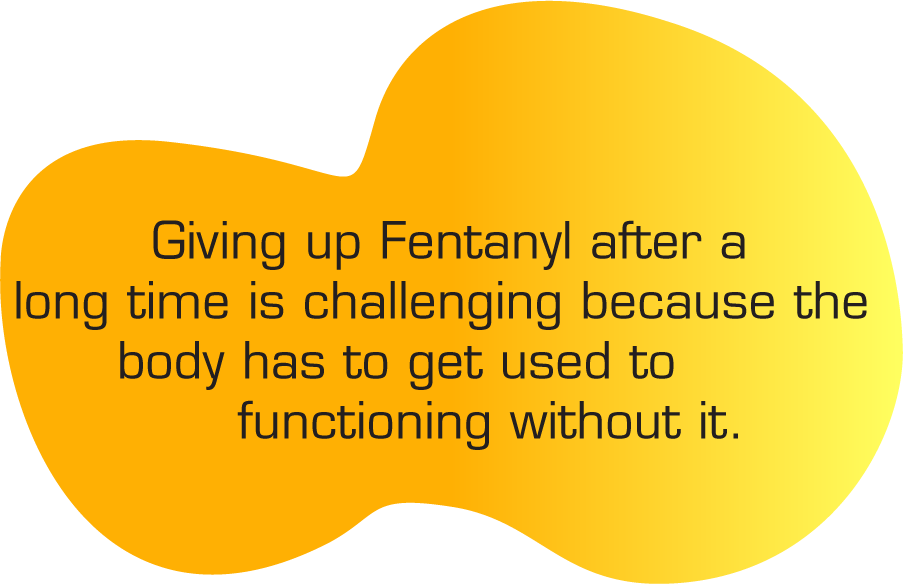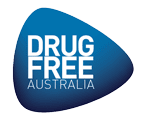Drugs Explained


Fentanyl
Fentanyl is an opioid
Opioids interact with opioid receptors in the brain and bring about a range of responses from feelings of pain relief to relaxation, pleasure and contentment.
Pharmaceutical fentanyl it is prescribed for chronic, severe cancer pain, nerve damage, back injury, major trauma and surgery in Australia. It is used for managing acute or chronic pain
Fentanyl is available in many forms
Fentanyl is about 80 to 100 times stronger than morphine.
Fentanyl Facts
Illicit fentanyl is manufactured for use in the illegal drug market.
Fentanyl is sometimes mixed with other drugs to increase its potency. Illicitly manufactured fentanyl can be a stand-alone product, as an additive to increase the potency of other illicit drugs such as heroin or sold as counterfeit medicines (such as oxycodone).

Other types of opioids
- Buprenorphine
- Codeine
- Buprenorphine - Long Acting Injectable
- Heroin
- Methadone
- Naloxone
- Opium
- Oxycodone
Effects of Fentanyl
There is no safe level of drug use. Use of any drug always carries risk.
Fentanyl affects everyone differently, based on:
- size, weight and health
- whether the person is used to taking it
- whether other drugs are taken around the same time
- the amount taken
- strength of the drug (varies between drug form e.g. patches, lozenges or injection).
Its effects may include:
- euphoria
- relief from pain
- nausea, vomiting
- constipation and/or diarrhea
- reduced appetite
- wind, indigestion, cramps
- drowsiness, confusion
- weakness or fatigue
- headache
- incoherent or slurred speech
- incoherent or slurred speech
- impaired balance
- slow pulse and lowered blood pressure
- rash (inflammation, itch, swelling at patch site).
Overdose
If the dose is too high, you might overdose. Call an ambulance straightaway by dialling triple zero (000) if you have any of these symptoms (ambulance officers do not have to involve the police):
- chest pain
- slowed breathing
- bluish lips and complexion
- seizure or passing out
- coma
- death
If injecting drugs, there is an increased risk of:
- tetanus
- infection
- vein damage
If sharing needles, there is an increased risk of:
- hepatitis B
- hepatitis C
- HIV and AIDs
Effects of Fentanyl
The effects of taking fentanyl with other drugs – including over-the-counter or prescribed medications – can be unpredictable and dangerous.
Fentanyl + alcohol: adds to adverse effects and may increase the risk of respiratory depression.
Fentanyl + monoamine oxidase inhibitors (MAOI) antidepressants: may result in severe unpredictable reactions.
Fentanyl + benzodiazepines: may add to the sedative effects and diminished breathing.1
Giving up fentanyl after a long time is challenging because the body has to get used to functioning without it. Please seek advice from a health professional.
Withdrawal symptoms usually start within 12 hours after the last dose and can last for about a week. Days one to three will be the worst. Symptoms include:
- bouts of chills alternating with bouts of flushing and excessive sweating
- nausea, vomiting
- constipation and/or diarrhea
- reduced appetite
- weakness or fatigue
- headache and depression
- increased heart rate and blood pressure
- watery eyes and runny nose, yawning and sneezing
Get Help
If your use of cocaine is affecting your health, family, relationships, work, school, financial or other life situations, you can find help and support.
If symptoms are unmanageable call 000 or present at an Emergency Department.




